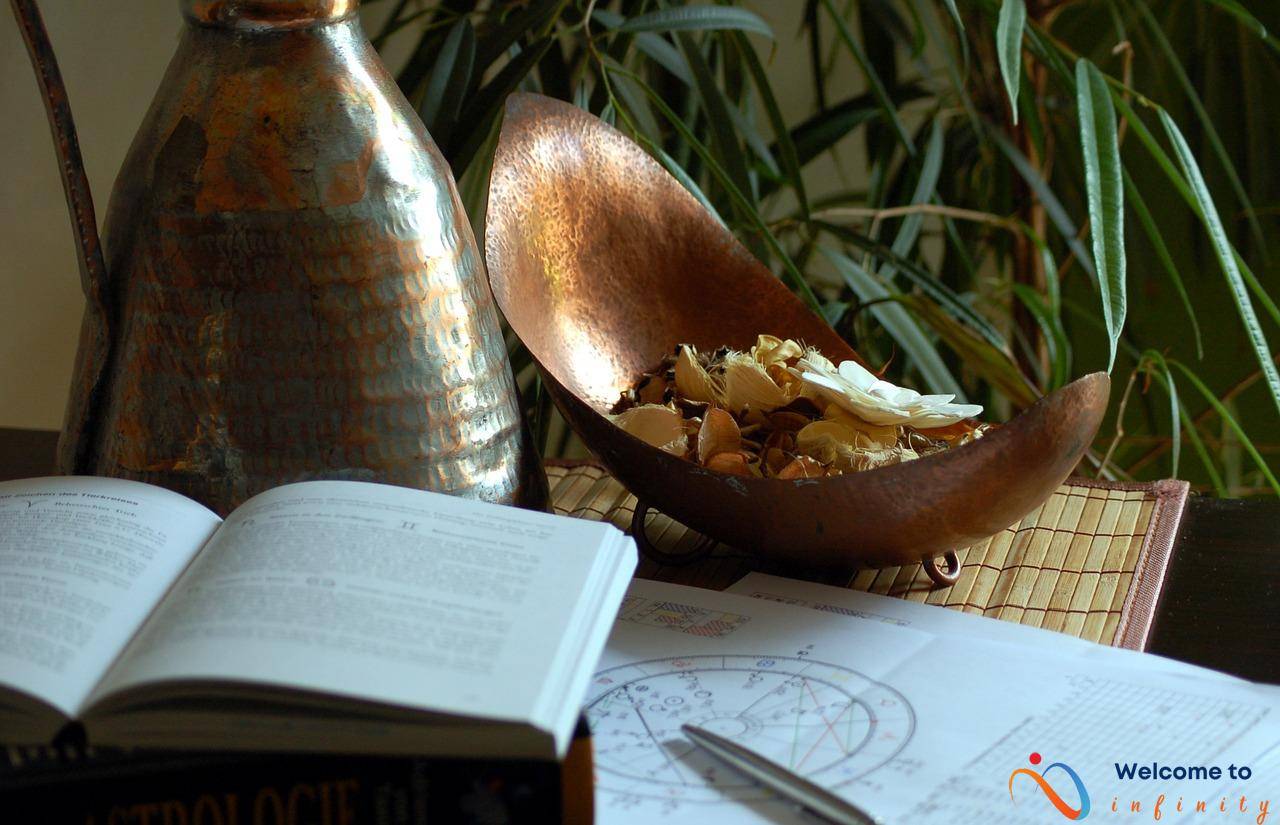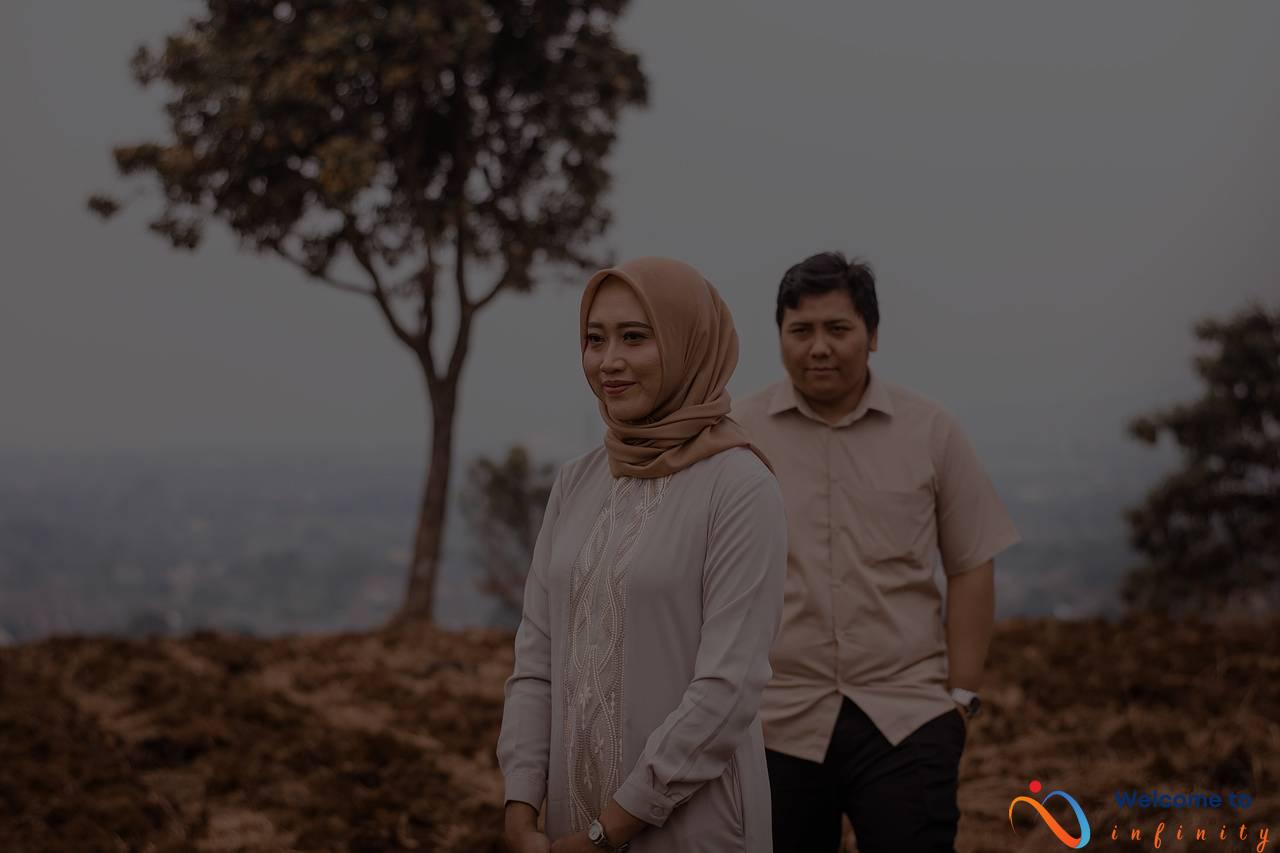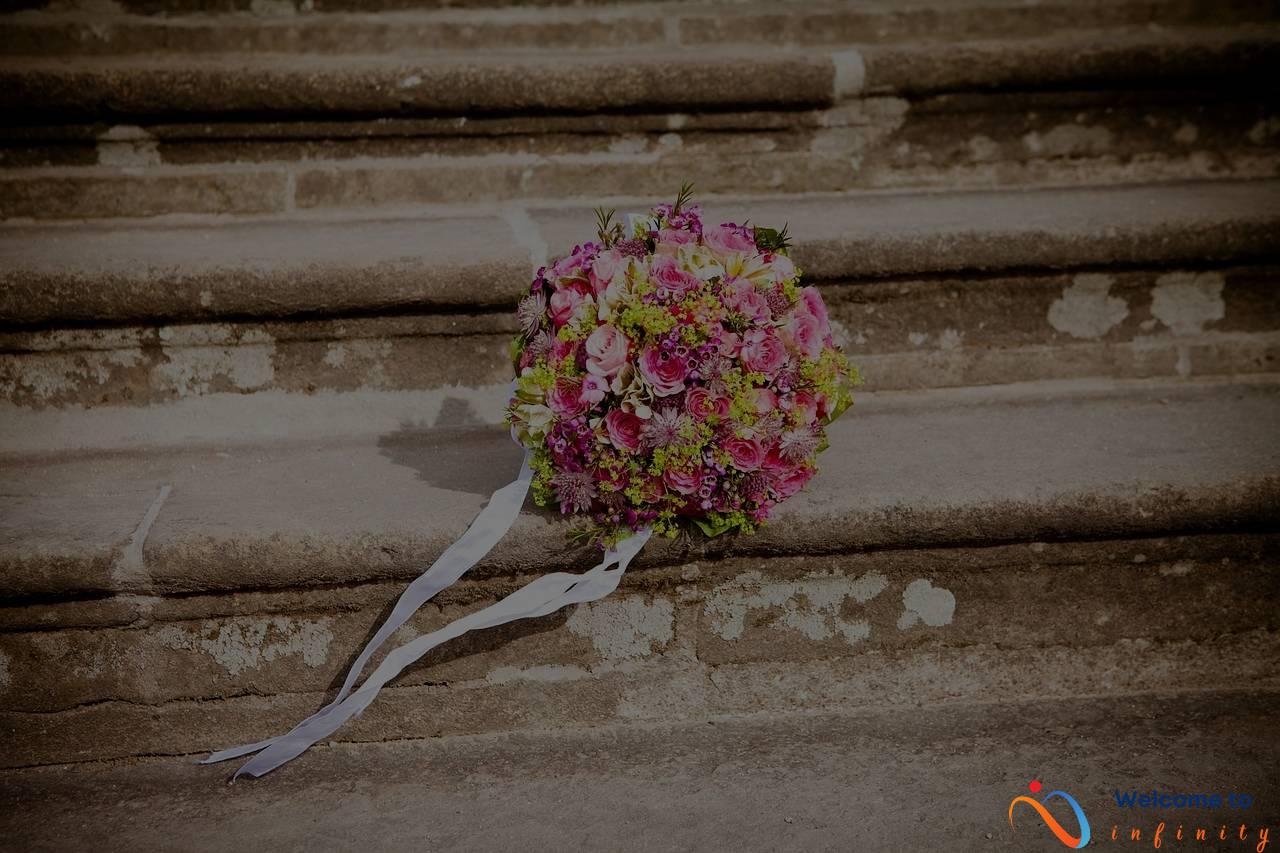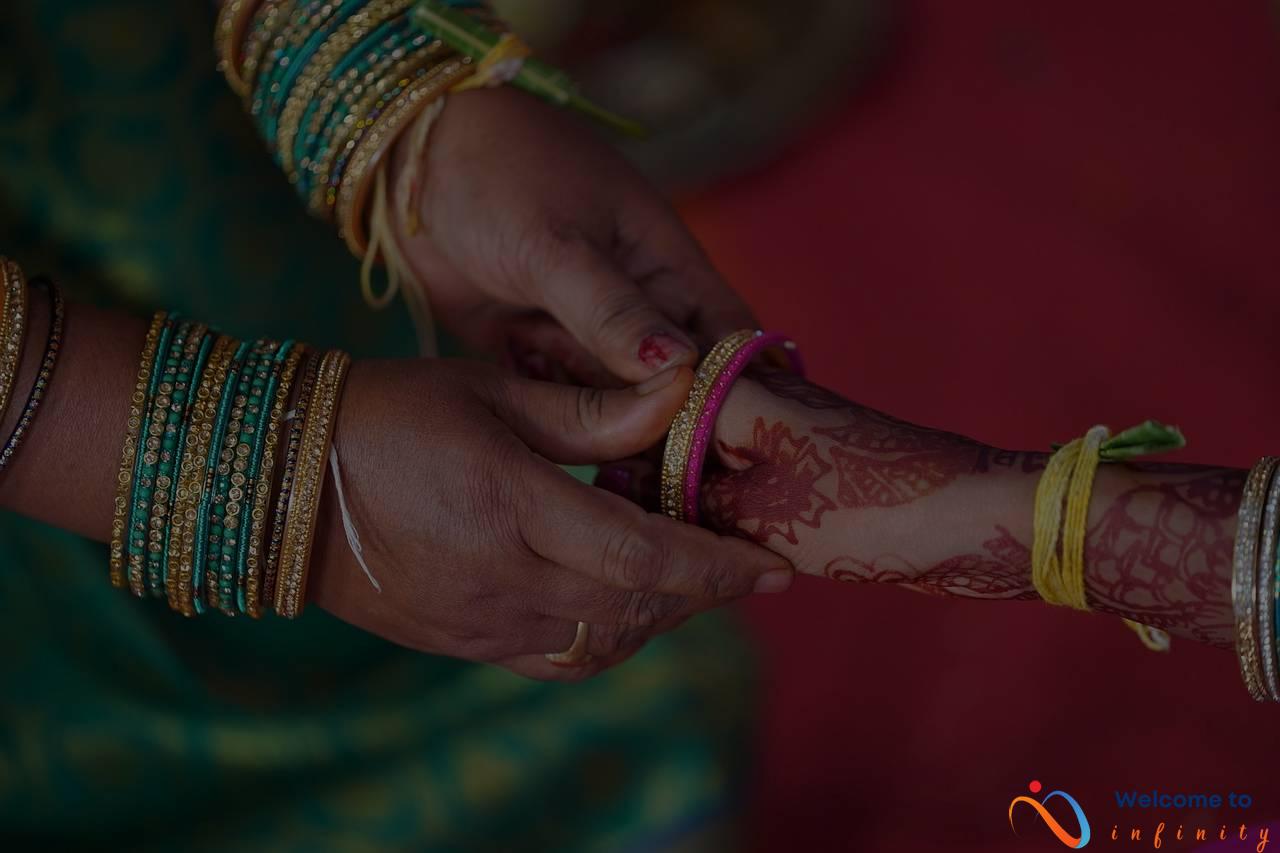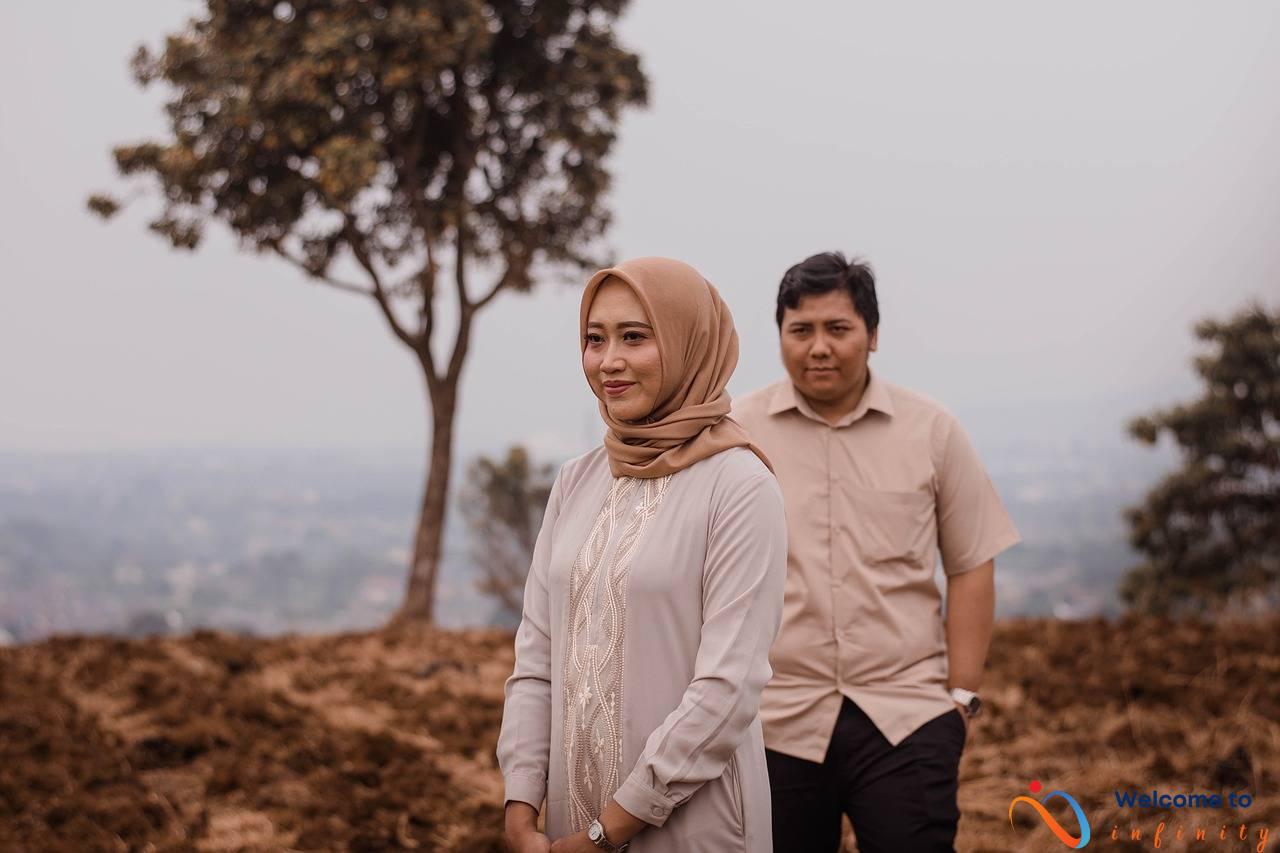When it comes to planning a wedding that celebrates different cultural traditions, there are a few essential dos and don'ts to keep in mind. While it may seem daunting at first, the result can be an incredibly rewarding celebration that brings families and cultures together. Here are some tips and guidelines to help you navigate the process and plan a multicultural wedding that everyone will cherish.
First and foremost, research and learn about both families' cultural traditions before planning the wedding ceremony and reception. This ensures that all traditions are respected, and both cultures are equally represented in the wedding planning process.
Avoid stereotyping or assuming one culture holds more importance than the other. Instead, approach the planning process with an open mind and strive to incorporate unique elements from both cultures. This will create a truly special celebration that honors both families and their cultural traditions.
Consider hiring a wedding planner with experience in planning multicultural weddings. This can provide guidance on how to combine traditions, avoid cultural missteps, and manage logistics. However, it's important to note that cultural differences can create conflict, so keep communication lines open between both families to resolve any issues that may arise.
Finally, remember that the most important thing is to celebrate love and unity. Don't try to please everyone, but focus on creating a wedding celebration that the couple and their families will cherish for years to come. Incorporate unique cultural elements, and consider incorporating multiple languages into the celebration to make it memorable and meaningful for everyone involved.
Do Research Cultural Traditions
If you are planning a multicultural wedding celebration, it is important to research and learn about both families' cultural traditions. This will ensure that all traditions are respected, and both families feel represented and valued. Start by sitting down with both families and discussing their cultural traditions, beliefs, and customs.
You can then make a list of significant cultural elements that you would like to incorporate into the ceremony and reception. This may include traditional attire, music, dance, or food. Understanding the significance of each tradition will also help you avoid cultural missteps and ensure that everything is done respectfully.
Don't be afraid to ask questions and seek guidance from individuals who have experience in planning multicultural weddings. You may also want to consider hiring a wedding planner with multicultural experience who can offer valuable insight and support throughout the planning process.
- Research both families' cultural traditions
- Make a list of significant cultural elements
- Seek guidance from experienced individuals
- Consider hiring a wedding planner with multicultural experience
By doing your research and incorporating both families' cultural traditions into the wedding celebration, you can create a beautiful and meaningful experience for everyone involved.
Don't Assume One Culture Over Another
When planning a multicultural wedding celebration, it is important to avoid making any assumptions or stereotyping one culture over the other. Both families and cultures should be equally represented in the planning process. The couple should also communicate with each other and their families about their expectations for the wedding celebration.
It's important to approach the planning process with an open mind and willingness to learn about different cultural traditions. Don't assume that one culture is more important than the other or that certain traditions must be prioritized over others. Both cultures should receive equal respect and representation throughout the wedding celebration.
To ensure that both cultures are equally represented, consider incorporating traditions from both cultures into the ceremony and reception. Involve both families in the planning process and work together to find ways to combine traditions and create a cohesive wedding celebration.
- Research and learn about both families' cultural traditions
- Communicate with each other and families about their expectations for the wedding celebration
- Avoid making assumptions or stereotyping one culture over the other
- Incorporate traditions from both cultures into the ceremony and reception
By keeping an open mind and working together, couples can successfully plan a multicultural wedding celebration that celebrates both cultures and brings their families together in a unique and beautiful way.
Do Hire a Wedding Planner with Multicultural Experience
If you are planning a multicultural wedding, it might be a good idea to consider hiring a wedding planner who has experience in planning such events. A wedding planner with multicultural experience can provide invaluable guidance and support throughout the planning process. They can help you combine the traditions of both cultures in a way that makes sense and is respectful to both families.
In addition to helping with the cultural aspects of the wedding, a wedding planner can also help manage the logistics of the event. They can coordinate with vendors and ensure that everything runs smoothly. With their help, you can feel confident that your wedding day will be everything you dreamed of and more.
If you are unsure where to start when looking for a wedding planner, ask for recommendations from friends and family. You can also search for multicultural wedding planners online and read reviews from other couples who have used their services.
Remember, hiring a wedding planner with multicultural experience is not only practical, but it can also be beneficial in ensuring that your wedding is a true celebration of the love and unity between both cultures. With their help, you can avoid cultural missteps and create a wedding that reflects the unique and beautiful love story you share with your partner.
Don't Mix and Match Traditions Without Understanding Their Significance
When planning a multicultural wedding celebration, it is essential to respect and understand both families' cultural traditions. One of the pitfalls to avoid is mixing and matching different cultural traditions without comprehending their cultural significance. This can lead to cultural missteps and disrespect towards particular traditions.
Before incorporating any cultural elements into the wedding ceremony and reception, it is crucial to research and learn about their cultural significance. For example, certain traditional clothing or accessories may hold significant religious or cultural value and should not be worn without understanding their meaning.
Mixing and matching cultural traditions can also lead to confusion and cultural appropriation. It is vital to ensure that the elements being incorporated are appropriate for the particular cultural context, and that they are being done so respectfully and with understanding.
If both cultures have specific traditions, it is possible to incorporate both into the wedding celebration. However, it is essential to understand the significance of each tradition and to blend them in a way that is respectful and meaningful.
In summary, it is essential to avoid mixing and matching different cultural traditions without understanding their cultural significance. Proper research and communication can help ensure that the wedding celebration is respectful, meaningful, and enjoyable for all involved.
Don't Try to Please Everyone
When planning a multicultural wedding, it is important to remember that it may not be possible to please everyone. Each family may have different expectations, and it is impossible to meet them all. However, the most important thing is to ensure that the couple and their families are happy with the wedding celebration.
While it is important to consider and include cultural traditions from both families, attempting to please every guest can take away from the meaningfulness and significance of the wedding. Rather than trying to cater to everyone's preferences, focus on creating an inclusive and loving environment where all guests feel welcome and appreciated.
Ultimately, the wedding celebration should be a reflection of the couple and their unique love story. It is important to prioritize what is meaningful to them and create a wedding that they will cherish and remember for a lifetime. By doing so, the wedding celebration will be a beautiful and memorable reflection of the couple's union.
Do Incorporate Unique Cultural Elements
One of the most exciting aspects of planning a multicultural wedding is incorporating unique cultural elements throughout the celebration. Incorporating these elements into the wedding ceremony and reception can make it memorable and meaningful for everyone involved.
There are many ways to incorporate unique cultural elements into a wedding celebration. For example, the couple can choose to wear traditional attire from their respective cultures during the ceremony. The bride can opt for a traditional white wedding dress, while the groom can wear a traditional Indian sherwani or a Chinese tunic suit.
Another great way to incorporate unique cultural elements is through the wedding decorations and food. The couple can choose to incorporate traditional symbols, colors, and patterns into the decor, such as Chinese red lanterns or Indian henna patterns. They can also include traditional cuisine from both cultures in the wedding menu.
A unique and meaningful addition to the wedding celebration can be including traditional music and dance performances. The bride and groom can perform a traditional dance together, or they can hire a local dance troupe to perform a cultural dance or music performance. This will provide entertainment for guests and showcase the couple's unique cultures.
Overall, incorporating unique cultural elements is a great way to celebrate and honor both families' cultures. It can also create a memorable and meaningful wedding celebration for everyone involved.
Do Consider a Multilingual Celebration
Planning a multicultural wedding involves celebrating the different cultural traditions and backgrounds of both families. One way to make the celebration more inclusive is by adding multiple languages into the wedding celebration. From the invitation design to toasts and speeches, incorporating different languages can make the celebration more memorable and meaningful for everyone involved.
When considering using multiple languages, first consult with family members to determine which languages should be showcased. This could include the native languages of the couple and their families, as well as any languages that are significant to the couple, such as languages studied in school or languages spoken during travels.
When designing invitations, consider including translations of the text in multiple languages. This not only shows attention to detail, but also ensures that all guests feel included and can understand the invitation.
During the wedding ceremony, consider including readings or prayers in multiple languages, or even having the officiant say a few words in each language. This can be a beautiful way to showcase the couple's cultures and add a unique touch to the ceremony.
For the reception, consider having menu cards and table numbers in multiple languages. This can make the reception feel more personalized and inclusive for all guests. Additionally, if there are speeches and toasts, consider having them translated or providing a translation to guests who may not speak the language.
Overall, incorporating multiple languages into the wedding celebration can make it more meaningful and inclusive for all guests. It is important to consult with family members, translators, and vendors to ensure that all translations are accurate and appropriate.
Don't Allow Cultural Differences to Create Conflict
While planning a multicultural wedding can be incredibly exciting, it can also be a challenge with the potential for cultural conflicts to arise. It's important to remember that cultural traditions and customs differ from one family to another, and conflicts can arise if these traditions are not respected.
One of the best ways to prevent any cultural conflicts is to keep communication lines open between both families. Encourage open and honest communication to avoid any misunderstandings and to find common ground. It's also a good idea to include family members in the decision-making process wherever possible, to ensure that both families feel equally represented and valued.
In some cases, having a cultural advisor can be beneficial. They can help identify potential conflicts and suggest ways to incorporate cultural traditions that may not be familiar to one party. At times, a mediator may even be necessary to navigate difficult conversations.
Remember that the most important thing is that the couple and their families are happy with the wedding celebration. It's okay to make adjustments to cultural traditions to suit everyone's needs, as long as families are included in the decision-making process and their traditions are respected as much as possible.
By keeping communication lines open and respecting each other's cultural traditions, the wedding celebration can be a joyous and memorable experience for everyone involved.
Do Celebrate Love and Unity
When planning a multicultural wedding celebration, it's important to remember that love and unity should be at the forefront of the event. The coming together of two individuals and their families from different cultural backgrounds is a beautiful and unique experience that should be celebrated.
To celebrate love and unity, consider incorporating traditions and customs from both cultures into the wedding ceremony and reception. This will not only create a special bond between the couple and their families but also show the importance of each culture and the willingness to honor them equally.
Another way to celebrate love and unity is by creating a multicultural menu that features dishes from both cultures. This can be a great way to showcase the diversity of the couple's backgrounds and bring guests together to enjoy a delicious feast.
Lastly, don't forget the importance of music in a multicultural wedding celebration. Music is a universal language that can bring people from different cultures together. Consider hiring musicians and dancers from both cultures to perform throughout the evening, creating an unforgettable experience for everyone in attendance.
In conclusion, when planning a multicultural wedding celebration, celebrating love and unity should be at the forefront of the event. By incorporating traditions, creating a multicultural menu, and featuring music from both cultures, the couple and their families can come together in a beautiful and meaningful way.




